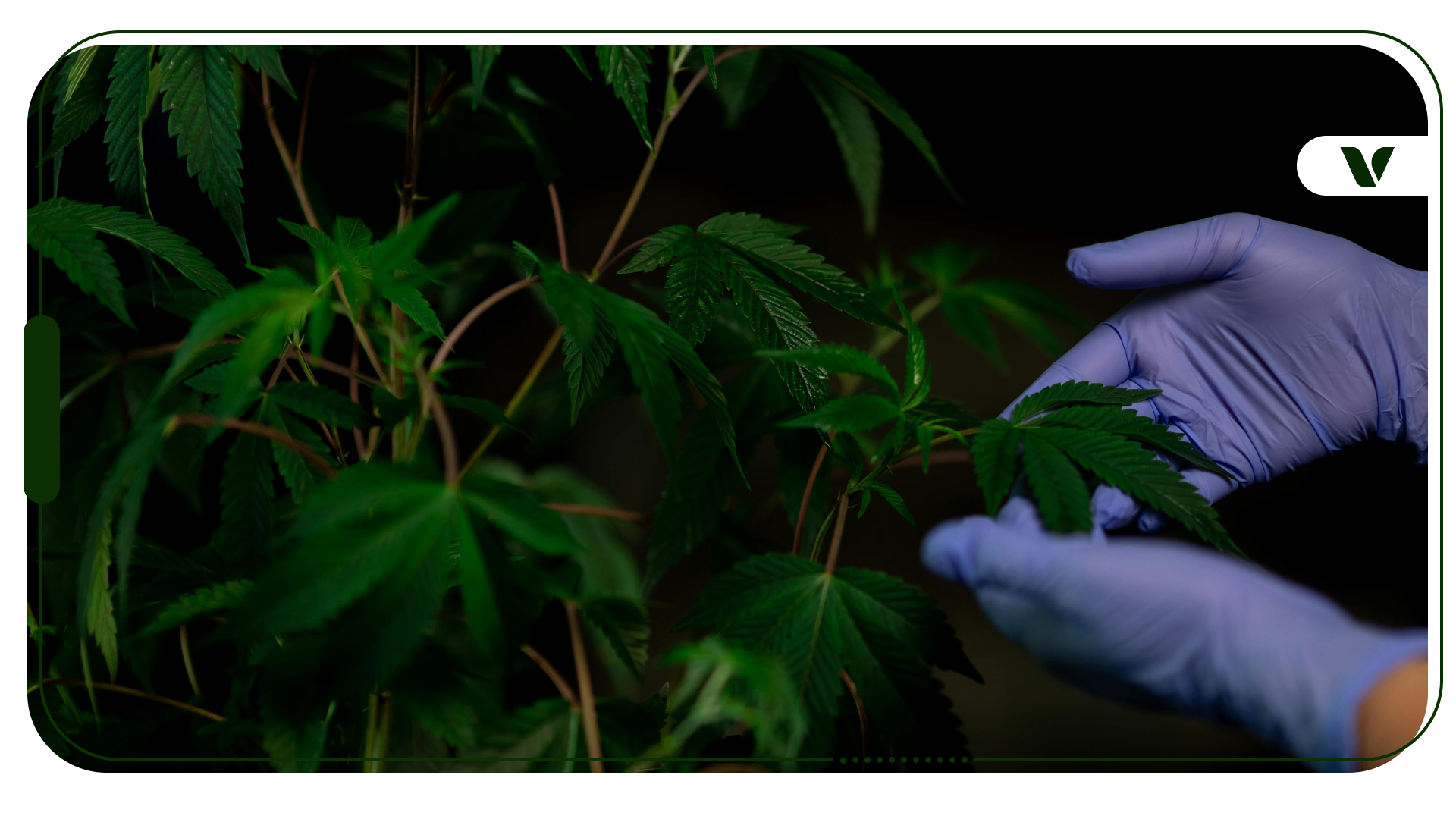Oregon is all the buzz when it comes to the conversation of drugs and their legalization. The 2020 election saw Oregon put ALL drug legalization on its 2020 ballet. Measure 110 passed with flying colors making Oregon the first state in America to decriminalize the minor personal possession of ALL drugs. Drugs like oxycodone, meth, cocaine, heroin, and others. A “Yes on Measure 110” campaign that helped bring awareness to this effort was funded by the Drug Policy Alliance, an advocacy group based out of New York.
Estimates suggest that the campaign for “Yes on Measure 110” spent around $3.5 million to gather signatures that qualified Measure 110 for the ballot. Support for this measure came from many different sources and contributors like Mark Zuckerberg and Priscilla Chan, who contributed $500K via the Chan Zuckerberg Initiative.
Measure 110 also received support from the Oregon Academy of Family Physicians, the Oregon Nurses Association, the Oregon Chapter of the American College of Physicians, the Latino Network, Unite Oregon, and the NAACP of Portland in addition to others. As you can see, Measure 110 has the support of some very creditable organizations and groups. The American College of Physicians Oregon chapters governor, Dr. Marianne Parshley, was quoted saying, “We are endorsing measure 110 because we have seen what happens to families and patients in the wake of the opioid epidemic.”
Not Everyone Was High on the Idea of Decriminalizing All Drugs
Not everyone in Oregon was supportive of Measure 110. It received harsh criticism and strong opposition from Oregon’s District Attorney’s Association, the Oregon Council on Behavioral Health, and Oregon Recovers. Oregon’s District Attorney’s Association said, “This measure will tie the hands of law enforcement and prosecutors everywhere and lead to disastrous results for our communities.” Oregon Recovers director Mike Marshall says that “Measure 110 doesn’t have any goals in it.” He goes on to ask the question, “How many people are going to actually be offered treatment?”
In Mike Marshall’s opinion, the state should have taken the approach of putting new taxes on alcohol. Mike must forget that this draconian approach to governing doesn’t work and often leads to greater problems like those seen in the defunct state of Kansas. Kansas legalized gambling and put higher taxes on alcohol and tobacco in a last-ditch effort to make up for the state’s gross mismanagement of funds. Their results have been far from positive.
Why You Should Get Your Medical Marijuana Card
Veriheal has satisfied millions of patients nationwide by giving them access to these benefits
- Larger purchase limits
- Peace of mind
- Enhanced legal protection
- Access to higher potency strains
- Save up to 25% on cannabis purchases
- Skip the line at the dispensary
A Quick Breakdown of Measure 110:
- Measure 110 does NOT decriminalize selling or the manufacturing of drugs.
- Minor drug possession is considered a civil violation with up to a $100 fine and no jail time.
- Fines can be avoided by participating in a health assessment.
- Oregon can still use 11 factors that constitute evidence of a commercial drug offense to place a felony charge on someone in possession of drugs.
- Measure 110 changes Oregon’s system for how cannabis tax revenue is distributed.
The change in the allocation of cannabis tax dollars across Oregon will affect several state offices. Tax dollars collected are currently allocated in the amount of 20% to local governments, 15% to Oregon State Police, 5% to Oregon Health Authority, 20% to the OR Mental Health, Alcoholism, and Drug Services. As a result of Measure 110, passing all of these percentages will see a change and they will soon begin receiving less cannabis tax revenue.
The Projected Benefits of Measure 110’s Passing
Measure 110 is estimated to help reduce drug possession convictions by as much as 90%. In retrospect, this means drug convictions by the Oregon Criminal Justice Commission could drop from 4,057 to as low as 378. Instead of treating drug users as criminals, the state of Oregon is opting to treat drug addiction as a medical condition in hopes of fixing the problem instead of facilitating continued failed drug policy.
Currently, the state of Oregon spends an estimated $235 million yearly on addiction treatment. With the passing of Measure 110, this fund is said to see an increase of $91 million a year from 2021 through 2023. Measure 110 also will facilitate the creation of an estimated dozen 24/7 treatment centers across the state to help individuals addicted to drugs connecting them with health care services.
By not prosecuting drug convictions as they have in the past, the state of Oregon is predicted to save an estimated $24.5 million between 2021-2023 alone, with this number increasing over time.
The Fight Back Against the Failed War on Drugs
The war on drugs has devastated America tearing apart families and failing miserably. While the government waged a war on drugs like cannabis, psychedelics, and cocaine, they allowed a drug pusher by the name of Big Pharma to take advantage of the streets, the country, and the world.
They gave Big Pharma a government-approved pass from the FDA to basically do the same thing they were incarcerating citizens of this country for. Only to be a part of this crew, you had to have a med school degree, and the attire was lab coats and stethoscopes instead of street clothes. With the passage of Measure 110, the people take back some control over their lives with an option that doesn’t always involve jail, but rather receiving the help they need.
Author, Share & Comments








